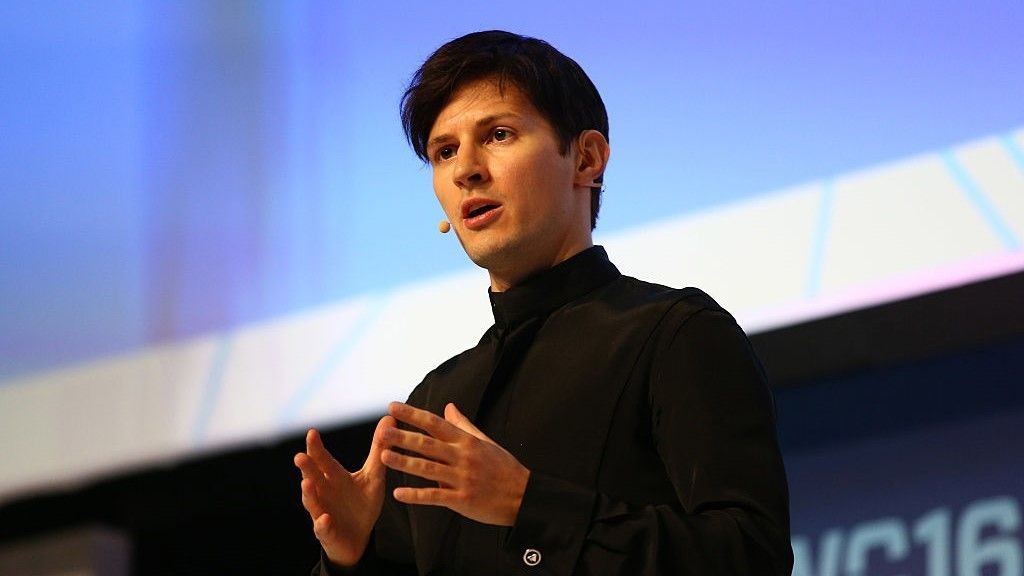
In a surprising turn of events, Pavel Durov, the founder and CEO of Telegram, was arrested at Le Bourget Airport near Paris on Saturday. The arrest, which has sparked international attention, is reportedly linked to an investigation into criminal activities occurring on the popular messaging platform.
Telegram's Response
Telegram swiftly responded to the arrest, releasing a statement on its official channel asserting that Durov has "nothing to hide." The company defended its position, stating, "It is absurd to claim that a platform or its owner are responsible for abuse of that platform."
The messaging app, known for its hands-off approach to moderation, emphasized its importance as a communication tool and source of information for nearly a billion users worldwide. Telegram expressed hope for a "prompt resolution" to the situation.
Allegations and Investigation
French authorities have confirmed that Durov's arrest is part of a police investigation into criminal activities on Telegram. The platform faces accusations of failing to curb illegal content, including drug trafficking, cyberbullying, and the promotion of terrorism.
France's OFMIN, an office dedicated to preventing violence against minors, had reportedly issued an arrest warrant for Durov as part of a preliminary investigation into various alleged offenses.
International Reactions
The arrest has drawn criticism from various quarters. The Russian Embassy in Paris expressed concern over the lack of access to Durov, who holds both French and UAE citizenship. Tech mogul Elon Musk and whistleblower Edward Snowden have also voiced their support for Durov on social media.
Durov's Stance on Platform Neutrality
In a recent interview, Durov emphasized Telegram's goal of being a "neutral" platform, resisting government requests for moderation. He stated that he typically avoids traveling to "big, geopolitical" countries where the company faces intense scrutiny.
The Future of Telegram
As the situation unfolds, questions arise about the future of Telegram and its moderation policies. The platform's commitment to user privacy and freedom of speech has made it popular among users seeking alternatives to mainstream social networks. However, this approach has also attracted criticism for potentially enabling the spread of illegal content.
The arrest of Pavel Durov marks a significant moment in the ongoing debate about the responsibilities of social media platforms and their leaders in moderating content and cooperating with law enforcement.
As the investigation continues, the tech world watches closely to see how this development might impact Telegram's operations and the broader landscape of online communication platforms.